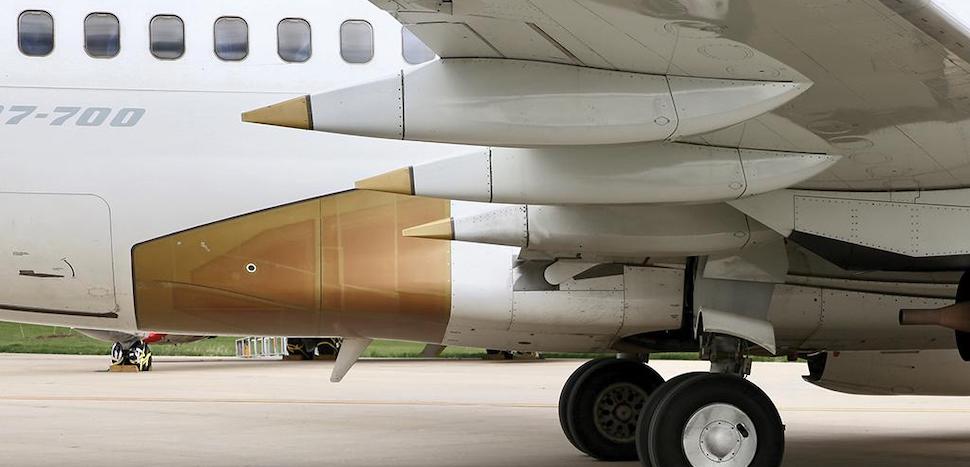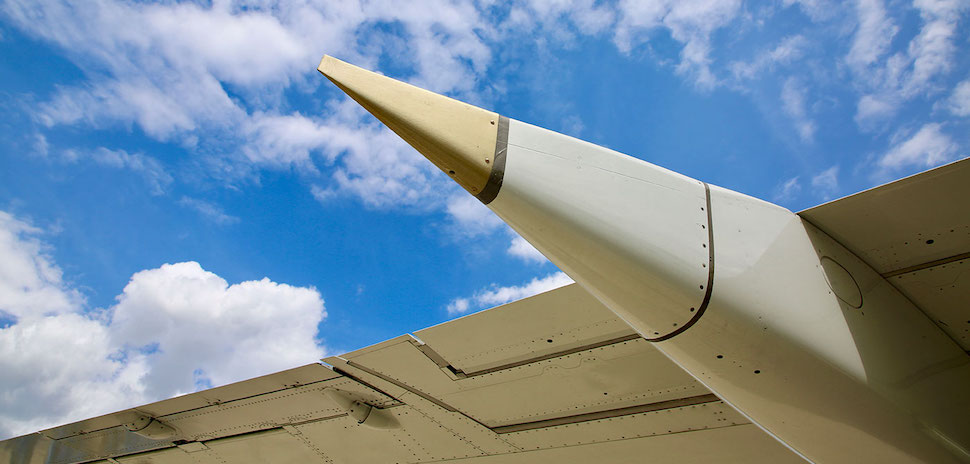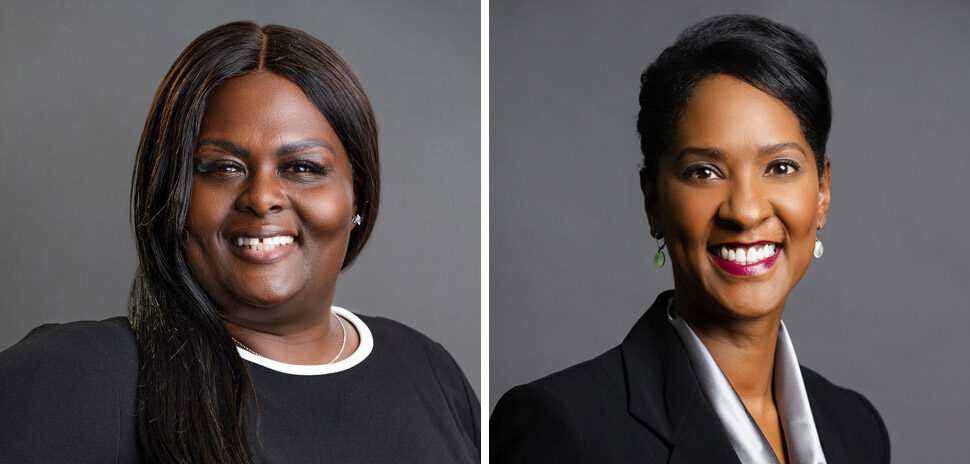Flying a plane can be a drag—on the plane. Wind turbulence on the body of an airliner can create drag that increases fuel consumption—raising costs and emitting more carbon into the atmosphere. Now a company in Fort Worth is working to reduce that drag with kits developed by high-tech computer modeling. The result could be a win-win for airlines’ bottom line and the environment.
Fort Worth-based Aero Design Labs uses proprietary fluid dynamics software systems to create customized drag reduction kits for Boeing 737 aircraft—planes that were originally designed long before advanced drag-reduction technologies emerging today.
“Unlike other fuel saving products, our design focuses on the whole airframe to deliver the greatest result,” ADL’s Chief Commercial Officer Chris Jones told Dallas Innovates.
“We start at the farthest point upstream where the air is most disrupted, and then design and iterate a series of improvements that ultimately work together to smooth out the airflow and pass it efficiently down the fuselage until it exits the aircraft,” Jones said. “Each part of the kit plays a part in capturing and redirecting the airflow, providing a holistic solution to reduce drag.”
Pursuing additional FAA certifications

Partial view of Aero Design Labs’ drag reduction kit installed on a 737-700 aircraft. [Photo: ADL]
Modifying anything on a passenger airliner requires a stringent approval process with the Federal Aviation Administration. Aero Design Labs received its first STC—a Supplemental Type Certificate reflecting FAA approval of a modification—in May 2022. That was for a drag reduction kit developed for Boeing 737-700 aircraft operated by WestJet Airlines.
Jones said Transport Canada is in the process of approving his company’s STC. “Once cleared, we anticipate WestJet will reinstall the kit on their aircraft and return it to revenue service,” he added.
Now Aero Design Labs is pursuing FAA approval in a partnership with one of the largest airlines on earth.
Partnership with Delta Air Lines

Chris Jones, Chief Commercial Officer at Aero Design Labs [Photo: ADL]
On Tuesday, Aero Design Labs and Atlanta-based Delta Air Lines announced a memorandum of understanding that solidifies their partnership to certify Boeing 737-800 and 737-900 aircraft with ADL’s ADRS drag reduction kits.
The certification process on the 737-800 is slated to begin in Q1 2023, followed by the 737-900 in the second half of 2023. “This is a mutual commitment by Delta Air Lines and Aero Design Labs to pursue measurable carbon reduction benefits across the Delta Air Lines 737NG fleet,” Delta announced Tuesday.
Mahendra Nair, SVP of TechOps Operations & Supply Chain Management at Delta, appeared at an announcement event in Washington, D.C., to discuss the project.
“Delta is excited to expand our partnership with ADL to test and certify both the 737-900ER and 737-800NG drag reduction kits, continuing our investment in fuel efficiency and sustainability improvements,” Nair said in a statement.
ADL’s Jones added that the partnership was “formed by Delta Air Lines and Aero Design Labs to contribute to the International Air Transport Association net zero 2050 carbon reduction targets.”
The agreement announced Tuesday gives Delta Air Lines the option to purchase up to 211 Aero Design Labs ADRS kits, ADL said.
Building a ‘high-definition map of the original aircraft’
ADL’s drag reduction kits were developed with technology that didn’t exist when the Boeing 737s were first designed.
“Our kits are designed and developed with technology that wasn’t available at the time of manufacturing or was entirely cost prohibitive,” Jones told us. “The 737 was designed long before sophisticated computers and CFD modeling was used in aircraft design. By building a high-definition digital map of the original aircraft, we’re able to look at the original aircraft design and zoom in to see areas that were previously overlooked. We are dialing in a level of detail using Computational Fluid Dynamics that allows us to see disrupted airflow and improve in certain areas with our kits.”
Aero Design Labs works with partners to deliver its kits
Founded by Executive Chairman Lee Sanders in 2015, Aero Design Labs teams up with business partners “who are highly specialized in their field” to help develop and deliver the drag reduction kits.
“ADL has a very lean and efficient operating model,” Jones said. “We have a core group of engineers who account for our core research and development, but we’re able to rely on our partners for a significant part of our business.”
“Our CFD modeling is performed by a company in the U.K., with oversight from our engineering team,” he added. “NORDAM in Tulsa starts kit manufacturing next month, and once completed will hand the kits over to AAR, who is responsible for painting, distribution, and 24-hour spare parts support to customers.”
“We like this lean model as it allows us to have low overhead costs, and at the same time leverage the scale and scope of highly regarded business partners,” Jones explained. “Everyone has their swim lane.”
Working only on 737 aircraft—for now
Jones said ADL is working on kits only for variations of the Boeing 737 for now.
“Our objective is to bring the highest-level benefit to deliver savings in fuel and carbon emissions,” Jones said. “Our proprietary process allows us to iterate designs in a computer and evaluate the benefits. This allows us to tinker with various combinations to deliver the highest improvement.”
“Each aircraft type within the 737NG family has a slight variation in our basic kit, but the basic design is the same,” he added. “As and when we tackle other aircraft types, we’ll need to design and iterate an entirely new kit depending on where areas of opportunity are identified.”
![]()
Get on the list.
Dallas Innovates, every day.
Sign up to keep your eye on what’s new and next in Dallas-Fort Worth, every day.






























